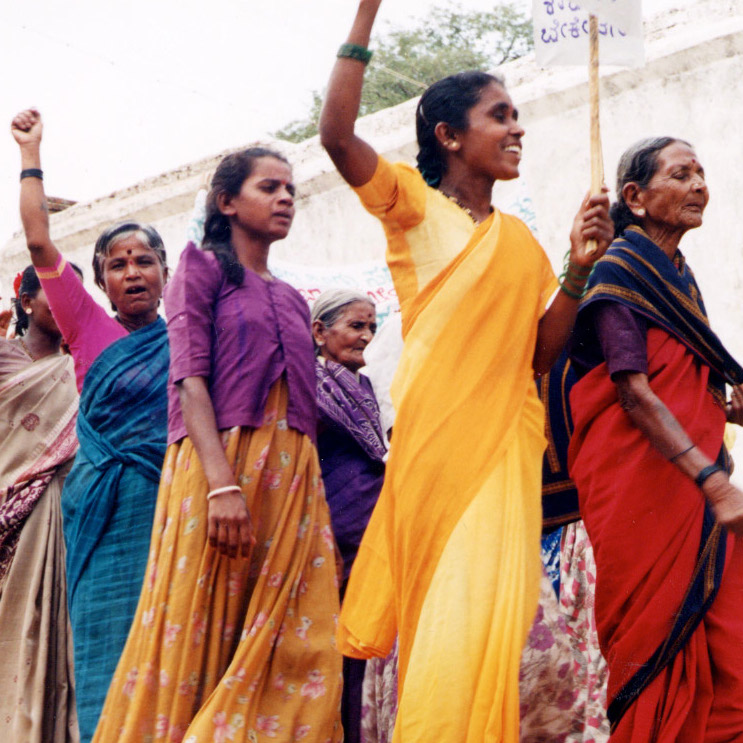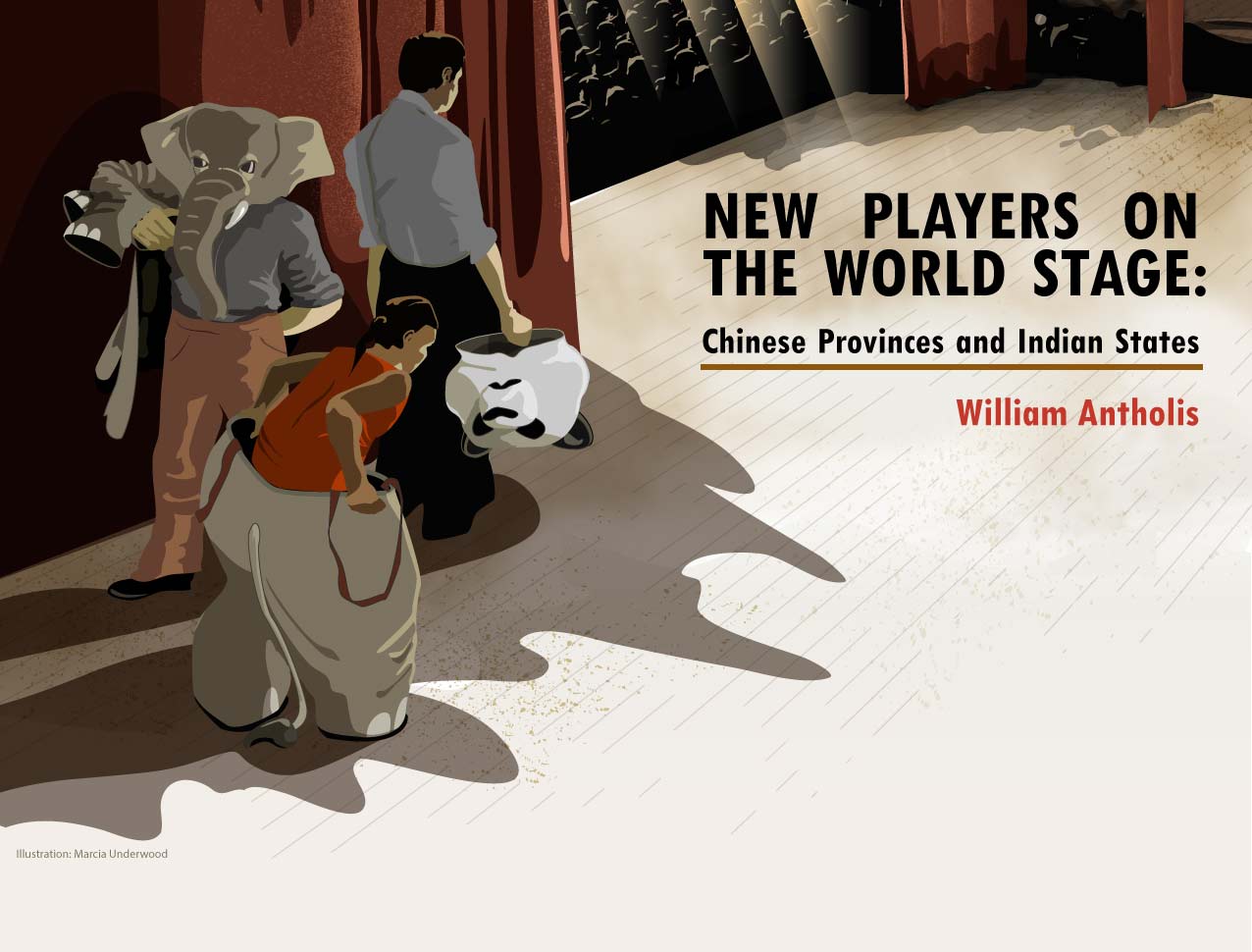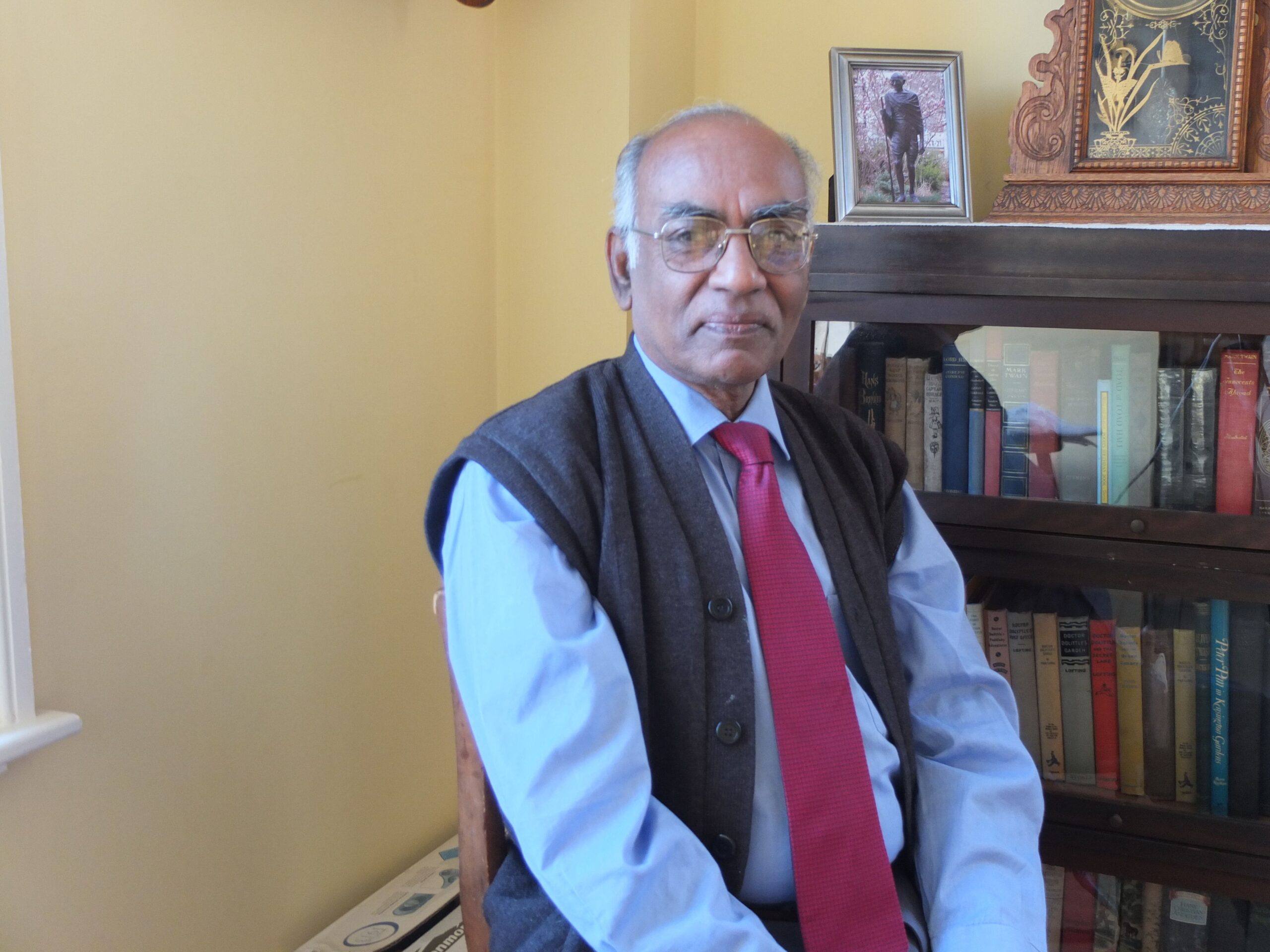Tag: India
-
Women’s Empowerment Day in India
This report was sent to us by the Institute of Social Sciences. 21st Women’s Political Empowerment Day Celebrations. Theme: Panchayats Women and Right to Food. 24‐25 April 2014 Venue: Abdul Nazir Saab Hall, Institute of Social Sciences, New Delhi The Institute of Social Sciences (ISS), organized the 21st Women’s Political Empowerment Day Celebrations on 24‐25…
-
Role of Civil Society towards State of Panchayat Raj in India

Mr. Ramit Basu, UN Habitat (Nairobi, Kenya) recently published the article, “State of Panchayat Raj in India, Not just Government Apathy!” on the State of Local Governments in India from the role of civil society point of view. He argues that Civil Society can be a great motivator and supporter for decentralized governance. The Indian…
-
Local Leaders Transforming Chinese Provinces and Indian States

In an essay published by the Brookings Institution, William J. Antholis highlights the role of local leadership in China and India in transforming the economic development of the two countries. Antholis and his family traveled through China and India for five months, interviewing local and national political leaders and ordinary citizens, from corporate executives to slum dwellers, asking them…
-
George Mathew

The Founder of India’s Institute of Social Sciences and a lifelong-champion of decentralization discusses the importance of participatory local democracy, and its progress in India over the past 20 years since the historic passage of the 73rd amendment to India’s constitution. [youtube=http://www.youtube.com/watch?v=jeWGv1U0QyU]
-
Society for Participatory Research in Asia: PRIA

Since its inception in 1982, the Society for Participatory Research in Asia (PRIA) has been an international center for learning and promoting participation within democratic governance. With its mission to promote policies, institutions and capacities that strengthen inclusion and increase democratic participation and the socio-economic status of the marginalized, PRIA implements key initiatives that focus on…
-
LogoLink: Learning Initiative on Citizen Participation and Local Governance

LogoLink, the Learning Initiative on Citizen Participation and Local Governance, is a global network of practitioners from civil society organizations, research institutions and governments created to stimulate and support civil society organizations and networks that engage in citizen participation and social control of public policies at the local level. In the 1990’s, regional and international…
-
UN Solution Exchange: Decentralization Community in India

Solution Exchange is a unique initiative hosted by the United Nations in India to provide an impartial platform for the exchange of knowledge. Launched in 2005, the Decentralization Community on Solution Exchange brings together individuals who are concerned with strengthening the institutions of local self-government – the Panchayats and Municipal Bodies – to foster effective…
-
Strengthening local self governance in Odisha through empowerment of Palli Sabha/Gram Sabha
Abstract: This paper argues that good governance in the rural areas of Orissa, India, through the local self-government system of Panchayati Raj can work effectively only when people realize the importance of Palli Sabha and Gram Sabha in village development. Author(s): Rout, Benudhar; Sahu, N.T. Source(s): , Odisha review; Vol. 69, No. 7-8 p. 103-109…
-
Role of Panchayati Raj institutions in grassroot planning : some issues and concerns
Abstract: This paper argues that planning under the Panchayati Raj institutions (PRI) was not much of a success because decentralization did not go far enough. PRI operations were severely restricted in local planning due to: (1) inexperience; (2) bureaucracy; (3) no financial powers; (4) state dominance. Author(s): Bhuiyan, Dasarathi Source(s): , Odisha review; [Vol. 69,…
-
Sixth schedule : negotiating ethnic autonomy discourses in northeast India
Abstract: The Sixth Schedule for certain areas of Northeast India recognizes indigenous peoples’ rights to land and self-governance. It appears that application of the Sixth Schedule tend to aggravate tensions between the over 200 tribal groups in the country, to which the region is home. Author(s): Kom, Ch. Sekholal; Brahma, Chintu Source(s): , Journal of…
